Carbon farming offers landholders the ability to earn additional income from their land, but that’s not the only benefit. Earning carbon credits is an opportunity for landholders to enhance their agricultural practices and expand their market access. Let’s dive into how carbon farming could boost more than just your bottom line.
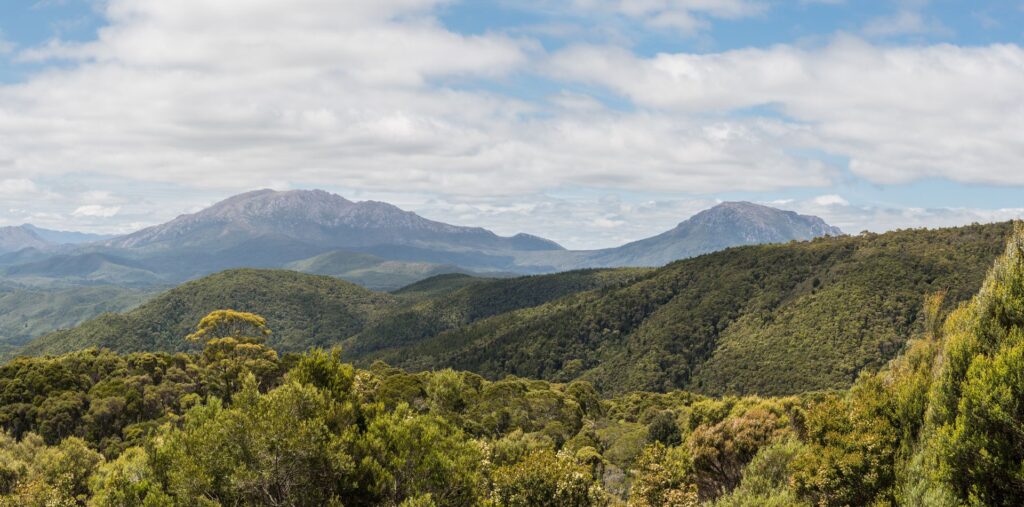
The Value of Carbon Credits
The most obvious financial reward of carbon farming is through the sale of carbon credits. In Australia, carbon credits are known as Australian Carbon Credit Units (ACCUs), each representing one tonne of CO2-equivalent either sequestered or avoided. At the Carbon Farming Foundation (CFF), we help landholders generate carbon credits by storing carbon in either trees or soil.
When you implement a carbon farming project and sequester carbon, you earn ACCUs. These ACCUs can then be sold to organisations aiming to offset their emissions. At CFF, we advise clients to carefully select who they sell their credits to. We believe offsets should address ‘hard-to-reduce’ emissions and encourage investigating whether buyers are genuinely reducing their emissions.
The price of ACCUs can fluctuate based on market conditions, but as national and international climate policies become more stringent and the demand for offsets rises, prices are forecast to rise.
A recent article by Carbon Pulse indicates that the value of Australian Carbon Credit Units (ACCUs) is predicted to double within the next year. Australian bank ANZ forecast an increase to $70 per credit over the next 12 months, as Safeguard Mechanism participants approach the deadline for surrendering credits. For landholders, this means a new income stream that rewards sustainable practices.
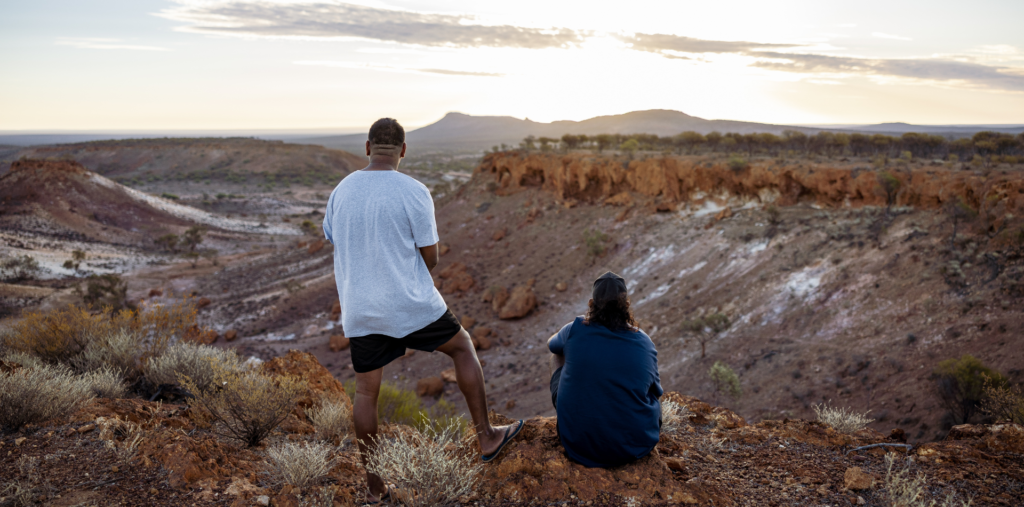
Insetting to Reduce Your Organisational Carbon Emissions
As a landholder, you can retire the ACCUs you earn to reduce your operation’s carbon emissions. This is known as insetting and is a great way to move your business towards net zero emissions while also reducing wherever possible.
As national and international supply chains look for ways to reduce their scope 3 supply chain emissions, this is becoming more and more important for market access.
Improved Agricultural Productivity
Carbon farming can also boost your lands productivity. Carbon farming can create healthier soil which leads to better yields and more sustainable land. An increase in plant diversity can create more biodiversity which leads to additional pollinators. Improved soil quality is crucial for sustainable farming, supporting the growth of robust, healthy crops and livestock.
Native trees promote soil health by fostering microbial activity, nutrient cycling, and preventing erosion. Their roots stabilise soil, retaining moisture and preventing runoff, improving overall ecosystem stability.
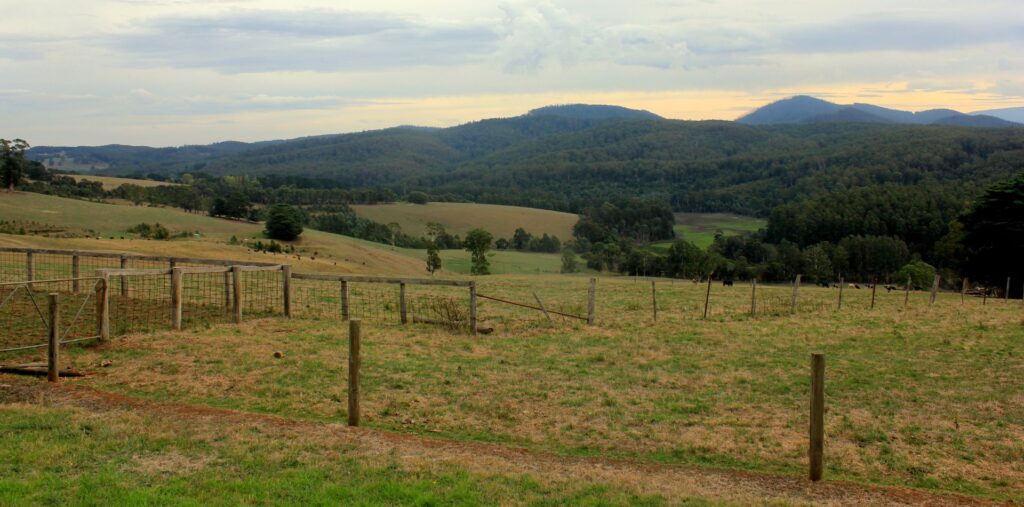
Building Resilience Against Climate Change
We’ve all heard the risks of what can happen to the environment with continued climate change. Extreme weather events such as droughts and flooding are likely to have an increasing impact on agriculture. With carbon farming, you become the answer to your own problems by mitigating the risks of climate change.
Carbon farming practices, such as planting shelterbelts or enhancing soil carbon, can make your land more resilient to these events. For example, planting robust plants can stabilise the soil, reduce erosion, and provide natural windbreaks, while soil rich in organic matter retains water better during droughts.
Resilience isn’t just about protecting against losses; it’s about getting ahead of them and ensuring that land thrives in the face of adversity. By adopting these practices, landholders can safeguard their revenue streams against climate change and maintain a stable income over time.
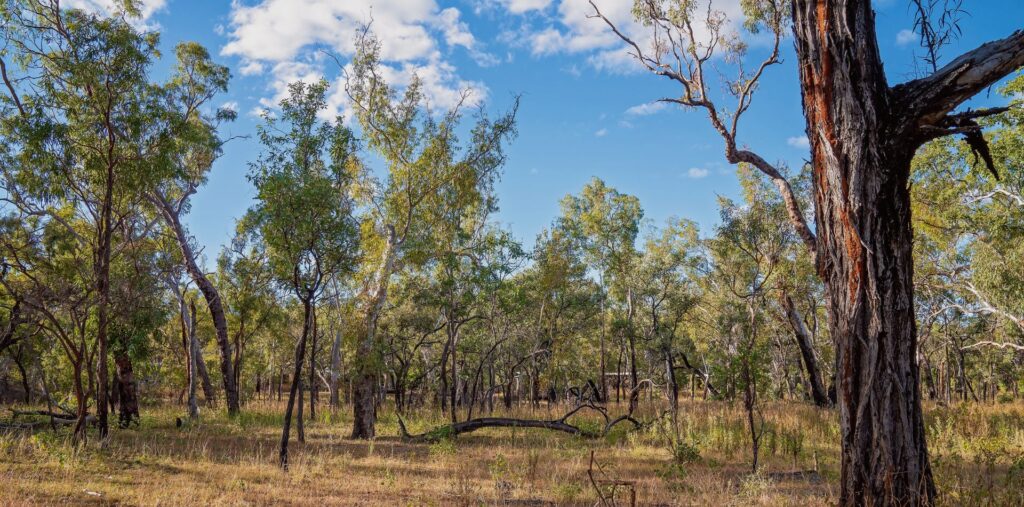
Government Support Through Grants and Incentives
The Australian government offer grants and incentives to support landholders in creating carbon projects. Financial support can reduce the barriers for carbon farming, helping more landholders participate without straining their resources. As of October 2024, some of the Australian government grants include:
Nationwide Support Plantation Establishment (SPE) grant program
The SPE program has been developed to help establish Plantation Forestry projects across Australia. The latest version of the grant was recently opened and is designed to support new long-rotation plantation forests in Australia. This initiative is set to help the plantation sector meet growing domestic demand for timber while supporting sustainable forestry practices.
Tasmania Rebate with Accredited Advisors
The Tasmanian government is offering farmers and foresters a Carbon Farming Advice Rebate to explore carbon farming. With this rebate, you can receive $1 for every $1 spent on eligible advice, up to a maximum of $10,000 per landholder. This initiative will continue until the allocated $250,000 in funds are depleted. CFF’s Samuel Bean is an approved advisor under this scheme.
Victoria’s BushBank Program lead by Cassinia Environmental
The Victoria Government’s BushBank Program is an initiative designed to help landholders affordably restore Victoria’s natural environment, helping capture carbon and protect biodiversity. $30.9 million is being dedicated towards habitat restoration on private land. Cassinia Environmental is the delivery partner for the private land scheme, working alongside the Victorian government to help landowners access funding for land restoration. CFF is partnering with BushBank to deliver help landholders use this funding to set up carbon farming projects.
The federal and state governments regularly release new grants and programs as they work towards meeting the United Nations 30 by 30 climate and biodiversity targets, so watch this space for more information about upcoming opportunities.
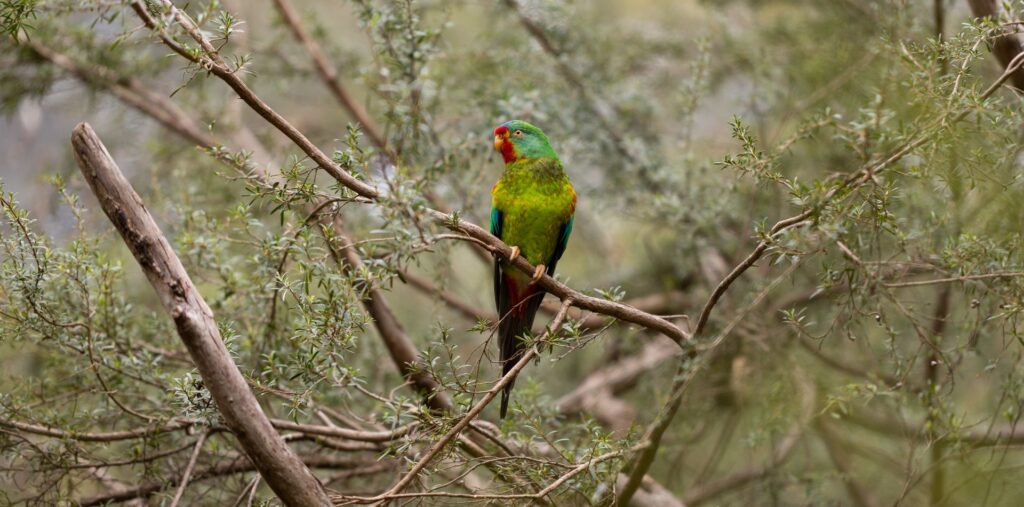
Secure the Future of your Land with Carbon Farming
Carbon farming represents an exciting new venture in agriculture, offering landholders the chance to diversify income streams and earn ACCUs. The opportunities for revenue generation, government grants, and improved farm resilience make it an increasingly popular choice for landholders wanting to make a positive impact on the planet and their bottom line.
Learn more about our carbon services to find that would suit your land: https://carbonfarming.org.au/services/


![AFN – Cert Accredited Expert [RGB] AFN - Cert Accredited Expert [RGB]](https://carbonfarming.org.au/wp-content/uploads/elementor/thumbs/AFN-Cert-Accredited-Expert-RGB-e1725255016744-qti2uogw4b9a3s6au2d1bbf4utb8ggjuwvkj4qpce8.png)